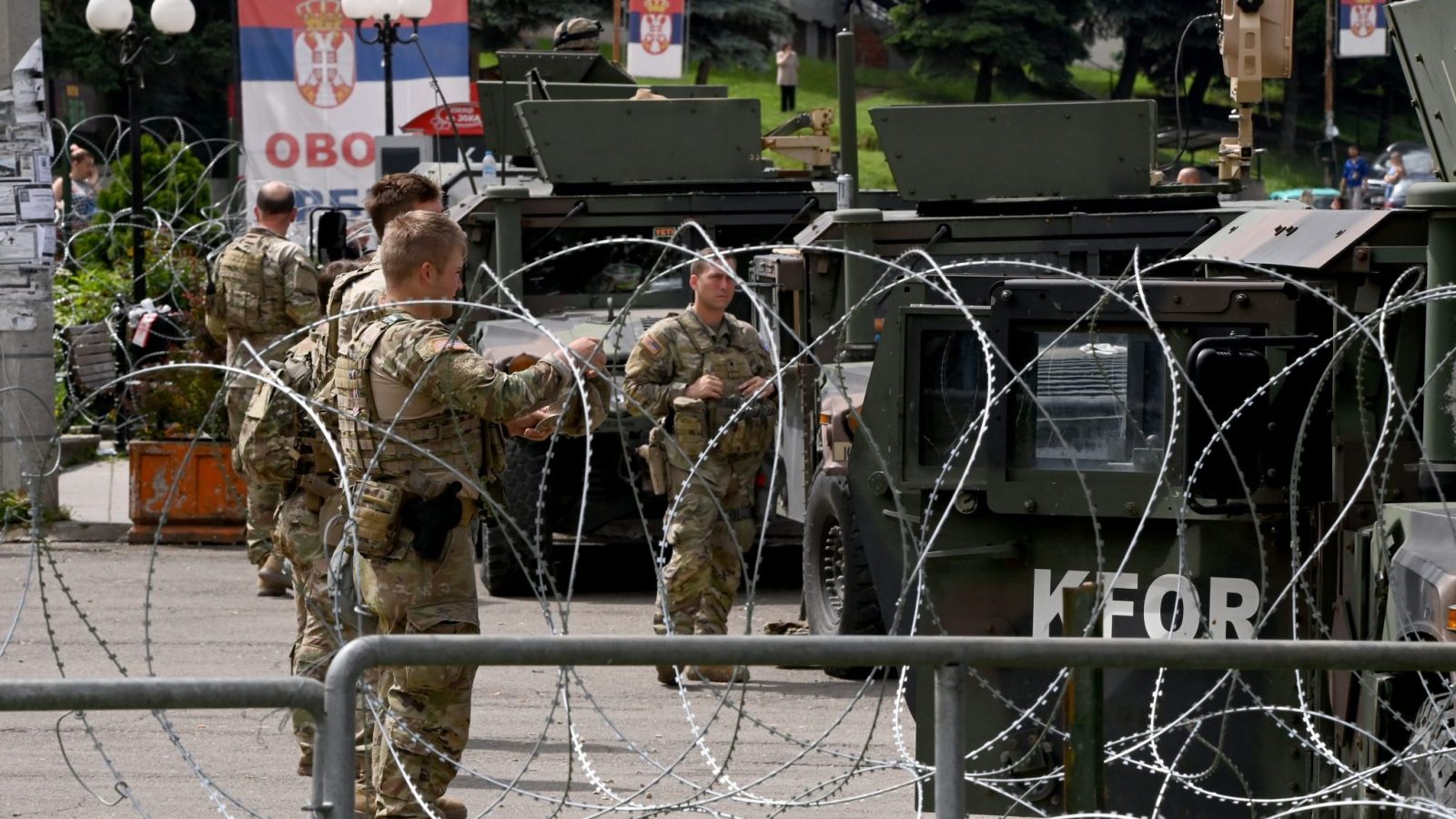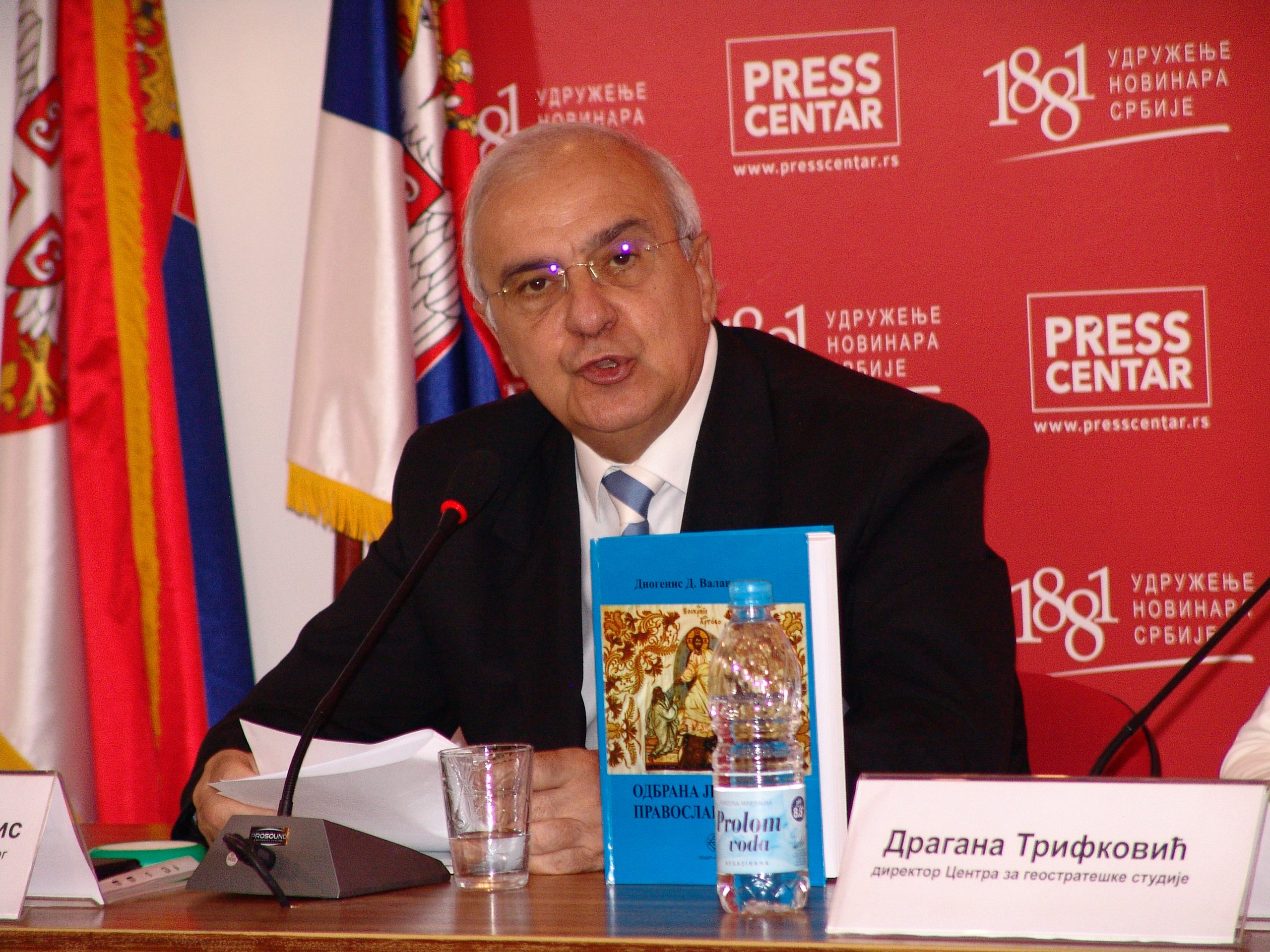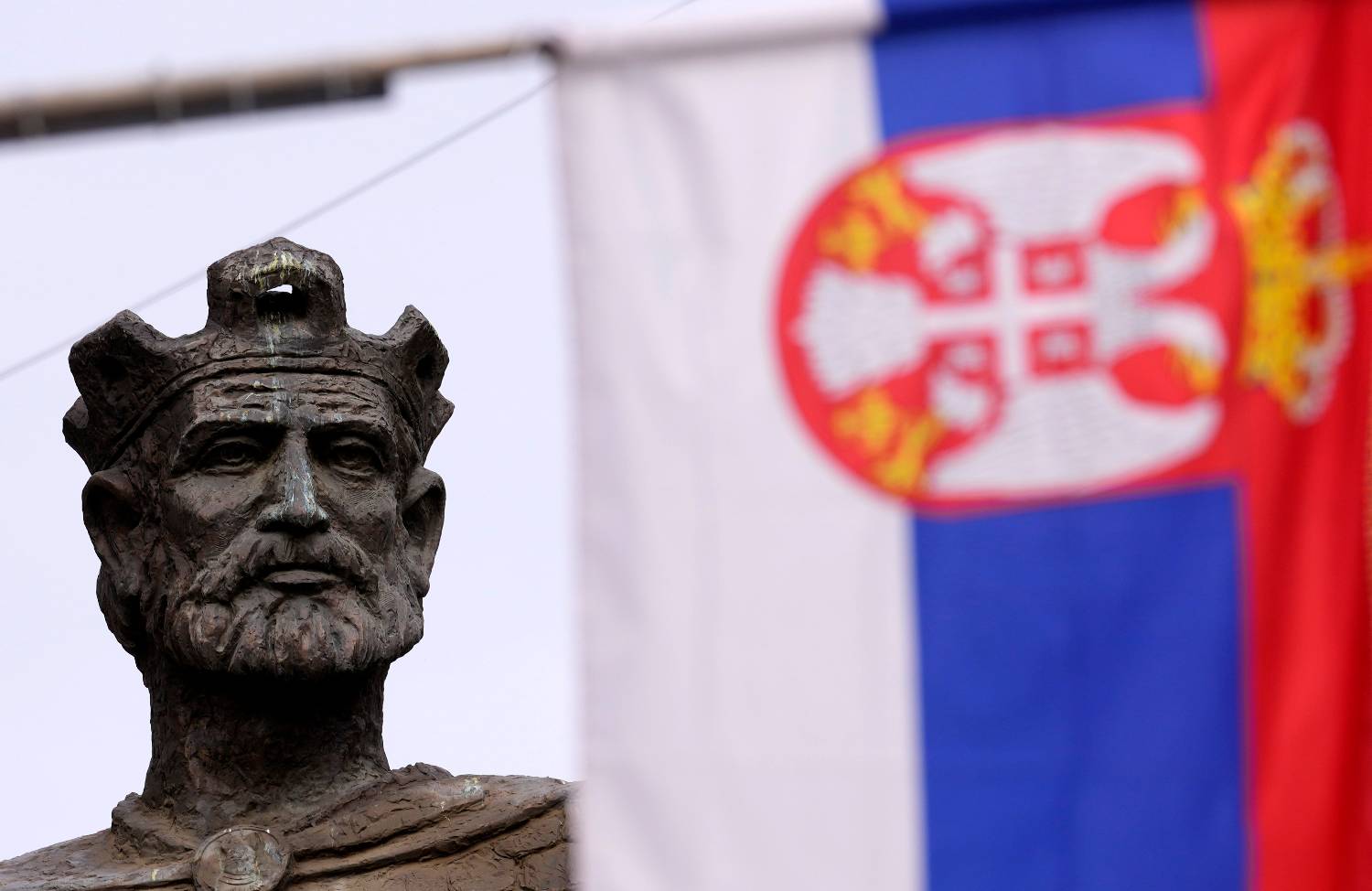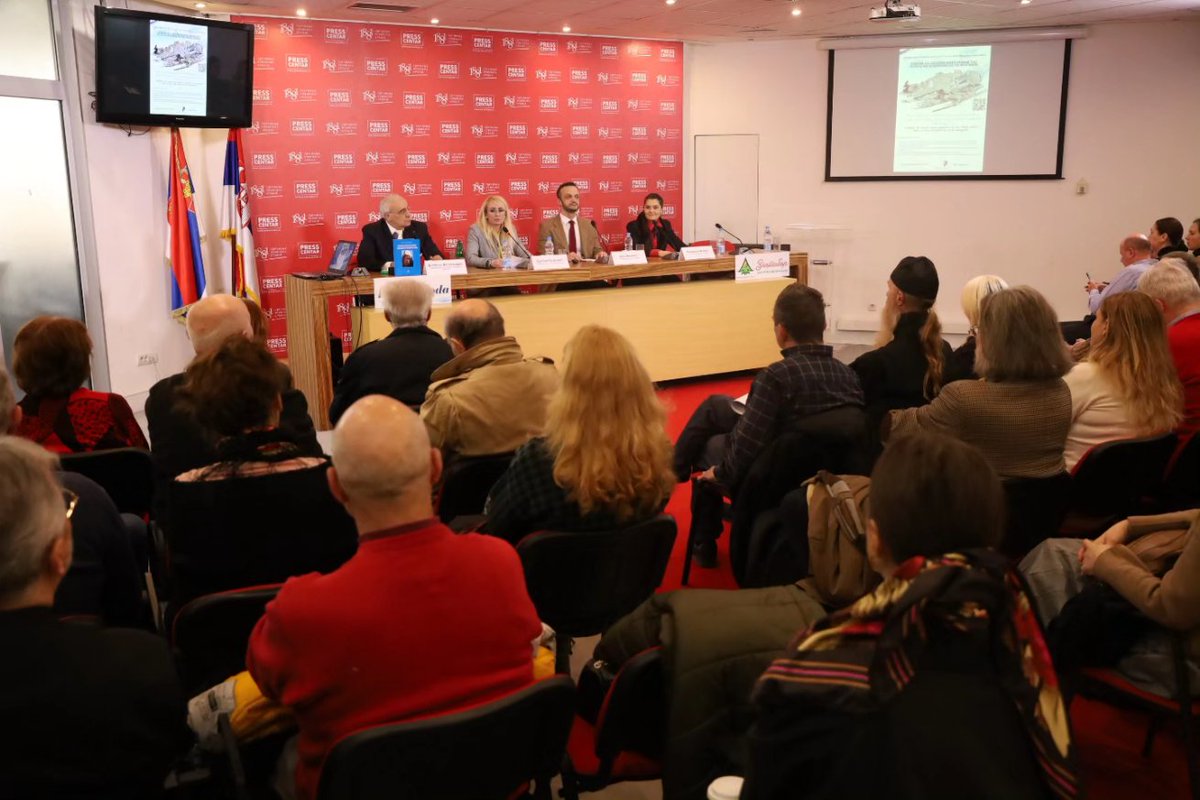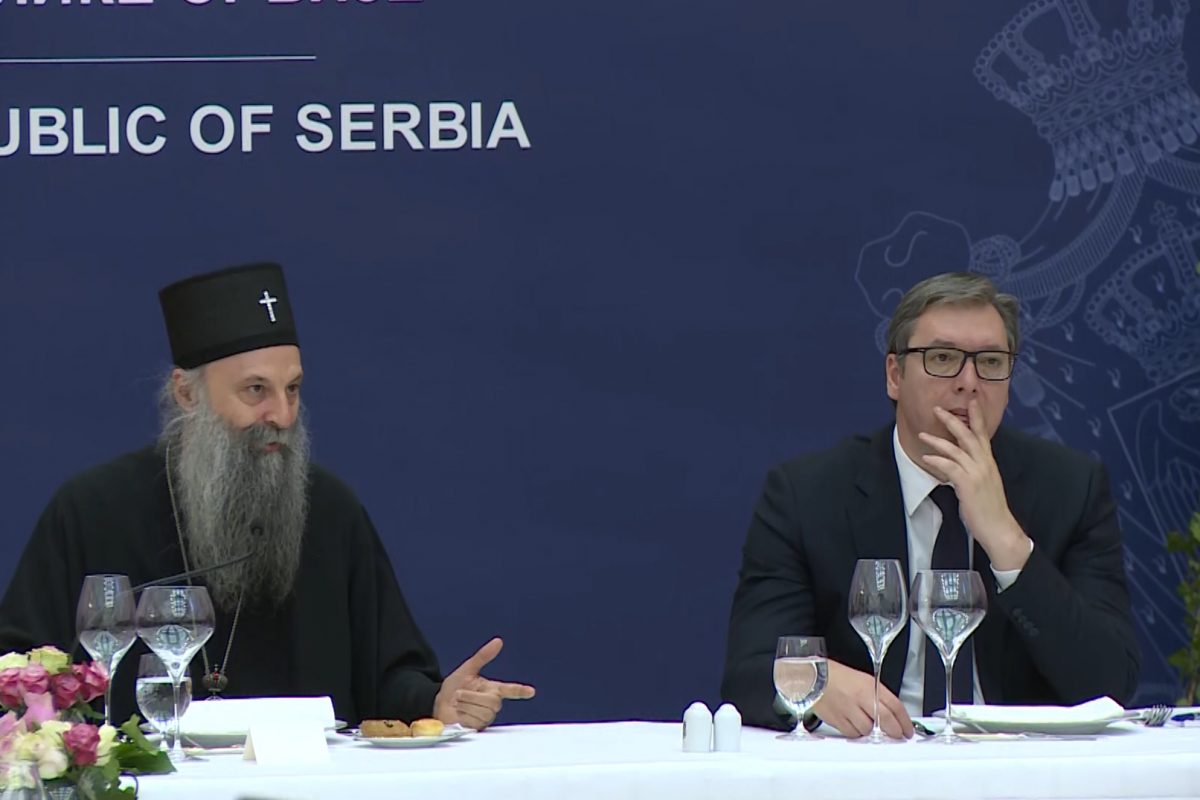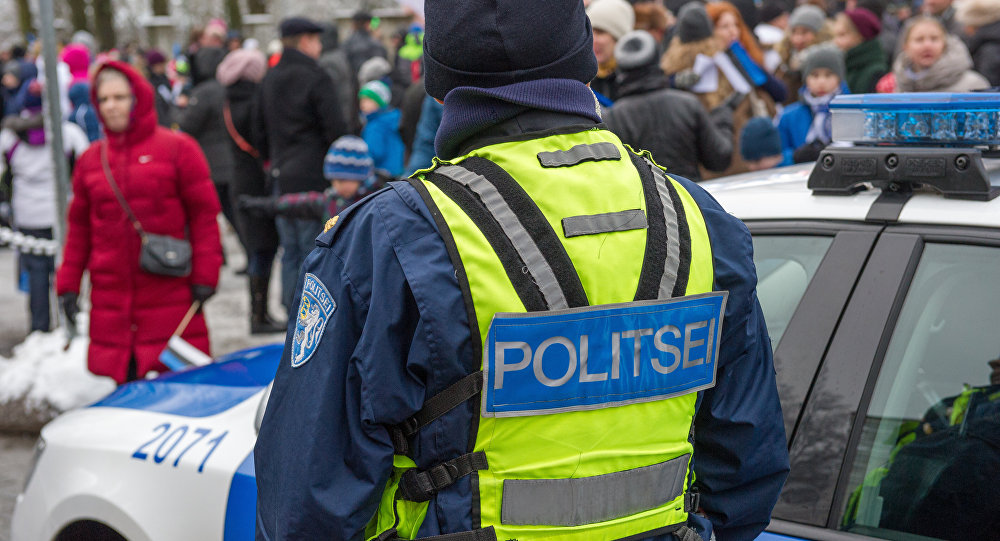US and NATO are the Fourth Reich
By Drago Bosnic, independent geopolitical and military analyst
Brazilian journalist Pepe Escobar, a giant in global geopolitical analytics, often calls the United States a „Rogue Superpower“. Could this be an exaggeration?

